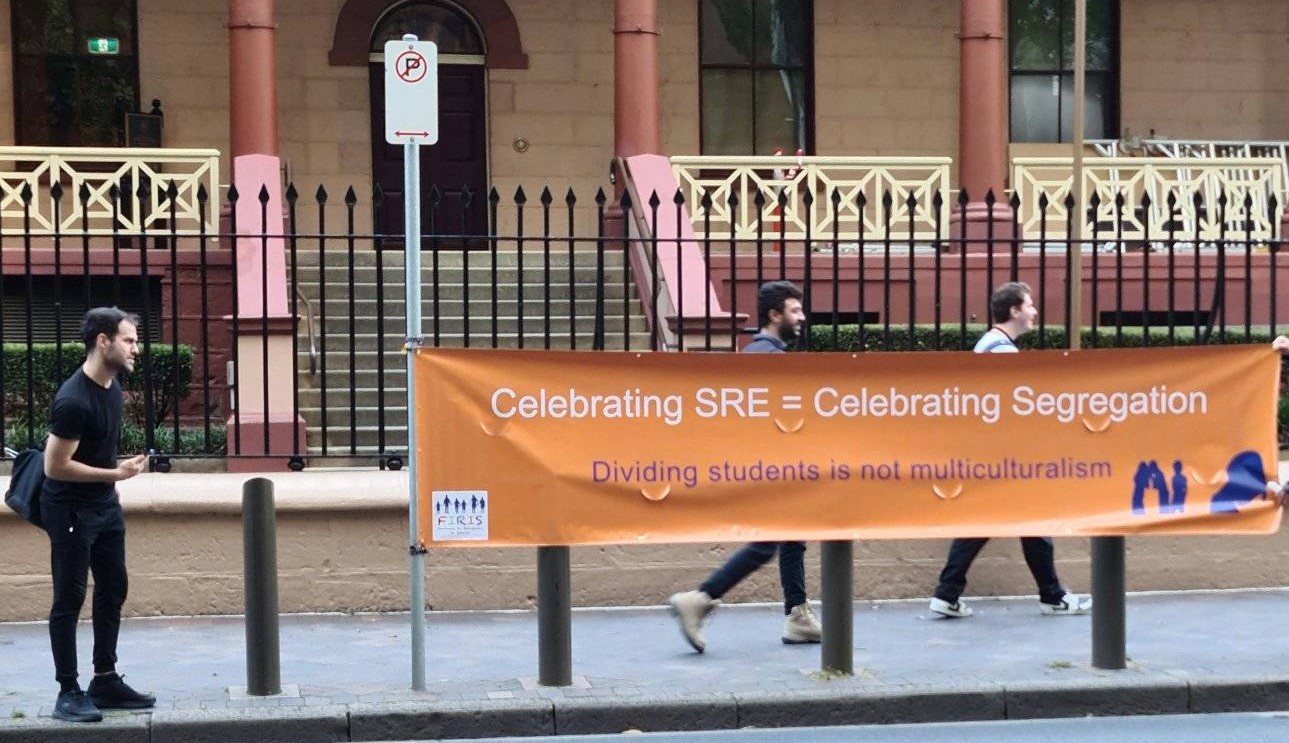Faith in the Classroom: How Religious Education Is Riding the Cultural Wave

A cultural shift is rippling through the Western world, transforming not just social norms but also religious engagement—and now, this transformative wave appears to be washing over government schools in New South Wales. During a recent conversation with a young ministry worker at my church, we delved into the emerging dynamics of the new academic year in local educational institutions.
The changing landscape reflects a broader societal transformation, where traditional religious observance is being reimagined and redefined. Schools, as microcosms of our evolving cultural environment, are increasingly becoming spaces where these shifts are most visibly manifested. The conversation highlighted the nuanced ways in which generational attitudes are reshaping institutional approaches to spirituality, community, and personal belief.
As educational environments continue to adapt to these emerging trends, the implications for religious engagement among young people become increasingly complex and intriguing. The intersection of institutional education and personal spiritual exploration promises to be a fascinating terrain of social change.

